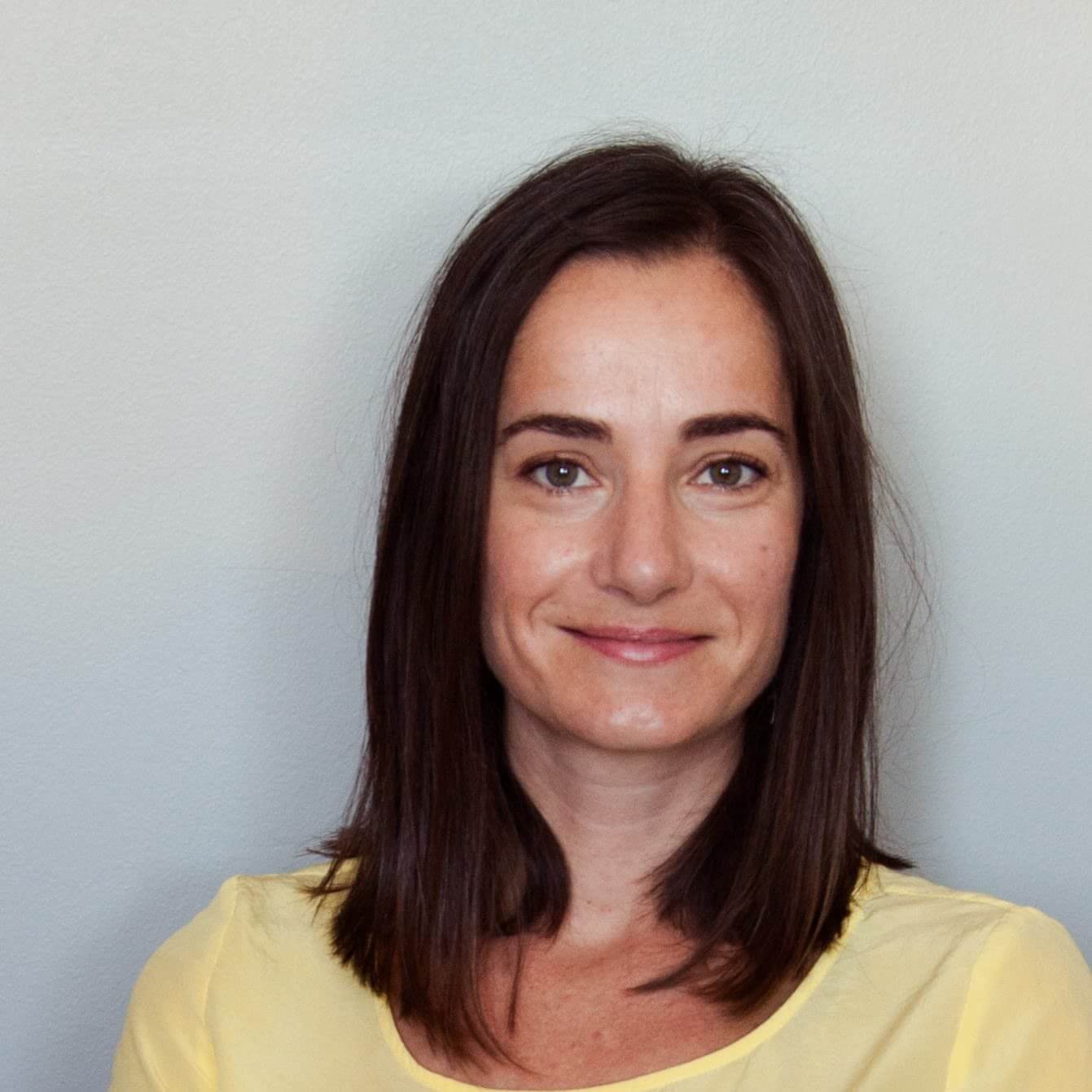Stop Dwelling In Negativity and Embrace Forgiveness









Developing a positive mindset can help you deal with stress, have more success, and even live longer. Even so, fostering positivity can be tricky. It’s easy to recycle negative emotions over and over. In fact, sometimes we get so caught in these negative cycles of thinking, it almost begins to feel easier than trying to make any changes into thinking more positively. But this cyclical pattern of thinking negatively can be harmful to our wellbeing. How do we stop dwelling on the past in these painful memories, and instead, embrace forgiveness?
These four steps will help you develop the skills you need to see your pessimistic thoughts for what they are and enable you to find forgiveness for your wrongdoings—and the pain others may have caused you.
Yin and Yang: the balance of opposites that creates a whole. It is a beautiful sentiment, but when we are in the midst of a negative thinking loop, it can be difficult to capture, or even see, the balance.
To help yourself find that balance, Coach Pooja Nagpal suggests you work to accept your negative thoughts because both positive and negative thoughts are necessary in our lives. The positive brings us joy and inspiration, and the negative teaches us about ourselves.
Listen as Coach Pooja Nagpal explains:
When you’ve learned from your mistakes or difficulties, you may find it easier to leave your negative thoughts behind.
Much like anything, the more you try not to notice something, the more pronounced it becomes. For example, when you focus on ignoring the donuts in the breakroom, the more you’ll find you can’t stop thinking about them.
TaskHuman Coach Jatin Adlakha suggests to try less to ignore your negative thoughts and instead focus on a different thought. It’s a small, but clear, difference. You are creating an active focus on a different idea.
Coach Jatin Adlakha provides more insight here:
Accepting negative thoughts and learning to move on from them is the first step. The second is to learn to forgive those who may have hurt you—including yourself.
To forgive, you first need to recognize that forgiveness is for you, rather than the other person. Learning to let go allows us the space to increase our compassion, empathy, and even love. Once you do that, you then need to actively release your negative emotions, which can be easier said than done. You do this by giving yourself grace for your emotions (your feelings don’t need to define you) and understanding what you can control and what you can’t.
If someone has hurt us, part of our pain likely stems from a subconscious belief that everyone thinks like we do. Sure, our conscious brains know that’s not true, but our subconscious tells us otherwise. Our frame of reference is ourselves, so our default is to think others see through our lens, and our emotions naturally follow our thoughts.
But, of course, every person has their own perspective, which may not necessarily align with what we’re seeing, feeling or thinking.
Coach Bob Chugani wants us to more fully understand this concept. If we recognize that everyone is in their own space, we can better find forgiveness for them. He also acknowledges that finding grace & forgiveness for yourself can be more difficult.
Listen to his explanation here:
One way to help you find forgiveness is to journal your thoughts and feelings around the situation. Writing things down can help you focus on what is actually bothering you. As Coach Shannon Lee believes, it helps bring clarity for your mind around the specific circumstances affecting you.
You can take your forgiveness practice further by imagining telling the person who hurt you (including yourself) that you forgive them.
Coach Shannon Lee explains:
Finding positivity and forgiveness is a process—it doesn’t happen overnight. Part of the process is to accept where you are, be patient, give yourself grace, and take the time you need to be able to truly move forward without baggage. Adding pressure or expectations to yourself won’t help you (or anyone else), and could slow you down further.
If you’re ready for a deeper conversation about how to stop dwelling in your pain & negative thoughts, and are ready to embrace forgiveness, reach out to a TaskHuman coach for a 1:1 LIVE session today.